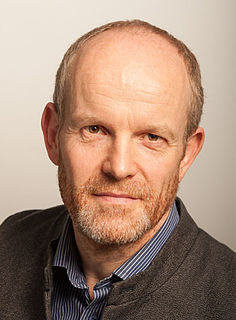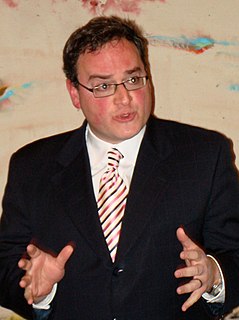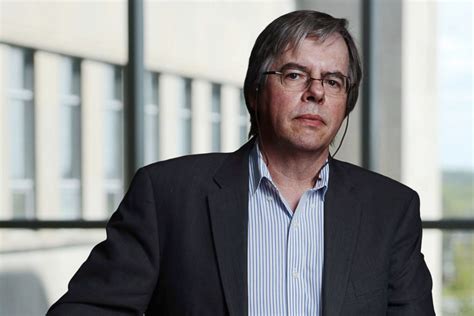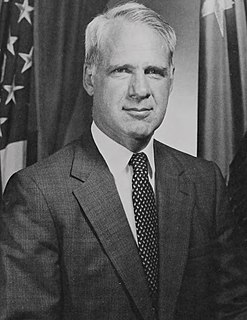A Quote by Frances Beinecke
Instead of going to the ends of the Earth - and plumbing the depths of the oceans - to squeeze out every last drop of oil, we need, instead, to do everything we can to reduce the risks of offshore oil and gas production.
Related Quotes
Britain has squandered its windfall of natural resources from North Sea oil and gas. Instead of prudently investing the 'unearned income' from nature, to build a safe, clean and green energy supply for the nation, we face unnecessary shortages. But there is still a chance to put the proceeds from liquidating our fossil fuel assets to better and more appropriate use. Instead of oil companies profiteering from climate change and oil depletion, a windfall tax could establish an Oil Legacy Fund to pay for Britain's urgent transition to a sustainable, decentralised energy system
Venezuela has the biggest oil reserves in the world. And the biggest gas reserves in this hemisphere, the eighth in the world. Venezuela was a U.S. oil colony. All of our oil was going up to the north, and the gas was being used by the U.S. and not by us. Now we are diversifying. Our oil is helping the poor.
And if our goal as moral citizens is to make the world a better place, then there is only once choice: to pump as much oil as we possibly can out of Fort McMurray. Pump and steam and dig and drill and get that oil out of the sand in any and every way we can. Every drop of oil from Alberta is one less drop from some fascist theocracy, or some brutal warlord; one less cent into the treasuries of Russia's secret police and al-Qaeda's murderers.
Scientists had said, "If you keep burning coal and gas and oil, you will melt the Arctic." And then the Arctic melted just as they had predicted. Did Shell Oil look at the melt and say, "Huh, maybe we should go into the solar-panel business instead?" No, Shell Oil looked at that and said, "Oh, well, now that it's melted it will be easier to drill for more oil up there." That's enough to make you doubt about the big brain being a good adaptation.
In the near term, oil is galloping ahead and leading our economy. We have to corral the "horse" and gradually reduce our dependence on oil and coal, in their present forms. Green-energy investment is inherently high-tech, and we could lead in the next-generation energy technologies, as we did and do now with oil and gas. All it takes is leadership!
There's a huge misconception that it's all about the oil, and the truth is there's actually not much oil left in Abyei. The misperception arose because when the peace agreement was signed in 2005, Abyei accounted for a quarter of Sudan's oil production. Since then, the Permanent Court of Arbitration in The Hague defined major oil fields to lie outside Abyei. They're in the north now, not even up for grabs, and they account for one percent of the oil in Sudan. The idea that it's "oil-rich Abyei" is out of date.
I do not remember when I said this [oil production would collapse ], maybe in the heat of the moment, but I do not think I even said it, but I may just not remember it. I was saying that at a certain level of oil prices new deposits will not be explored. That is what is actually happening. However, surprisingly, our oil and gas workers [mainly oilmen] continue to invest.
Gas prices in many parts of the country are nearing $4 a gallon; it could get even worse as unrest spreads throughout the oil-exporting Middle East. Yet the Obama administration once again seems to see no crisis. It has curtailed new leases for offshore oil exploration for seven years and exempted thousands of acres in the West from new drilling. It will not reconsider opening up small areas of Alaska with known large oil reserves.






































